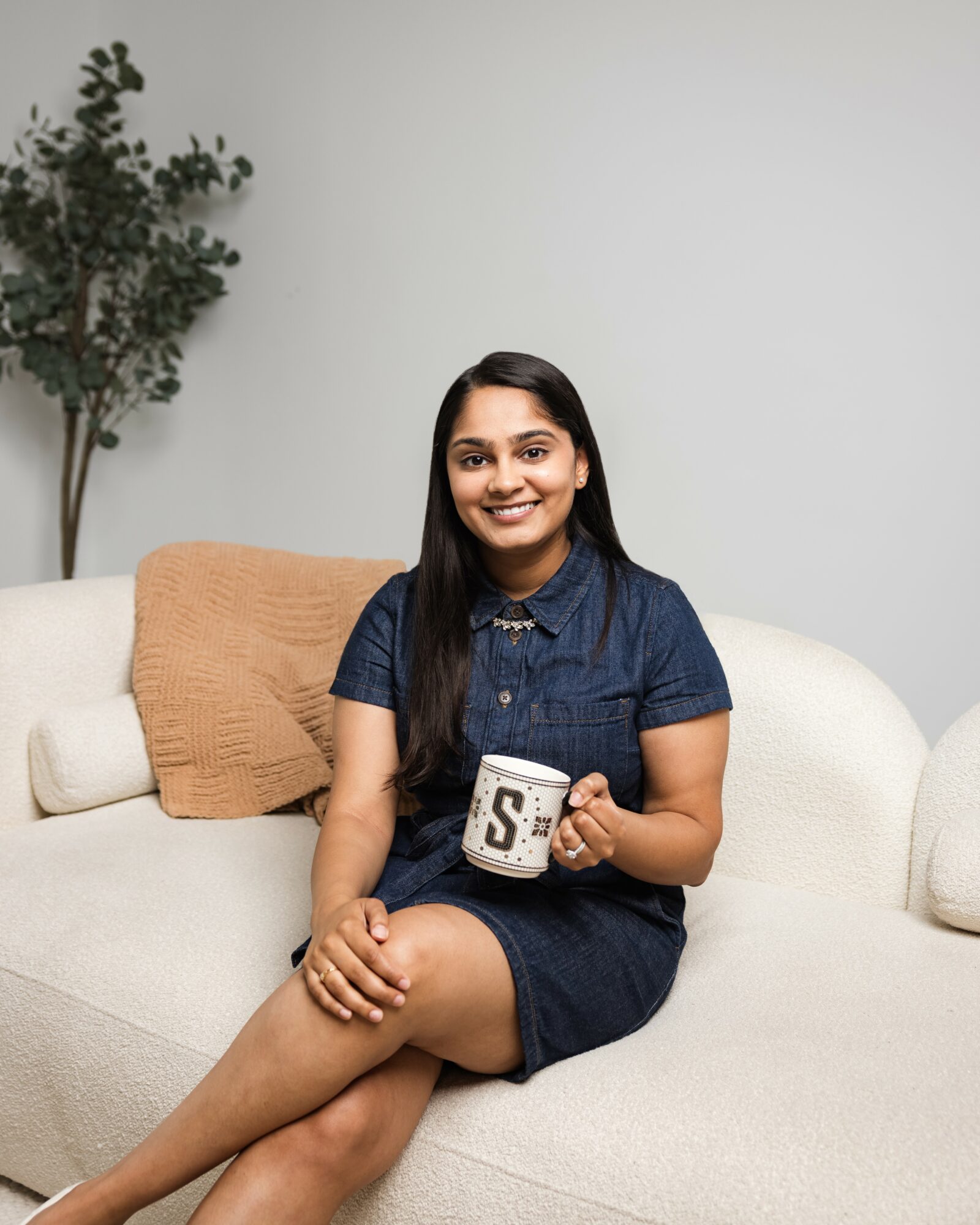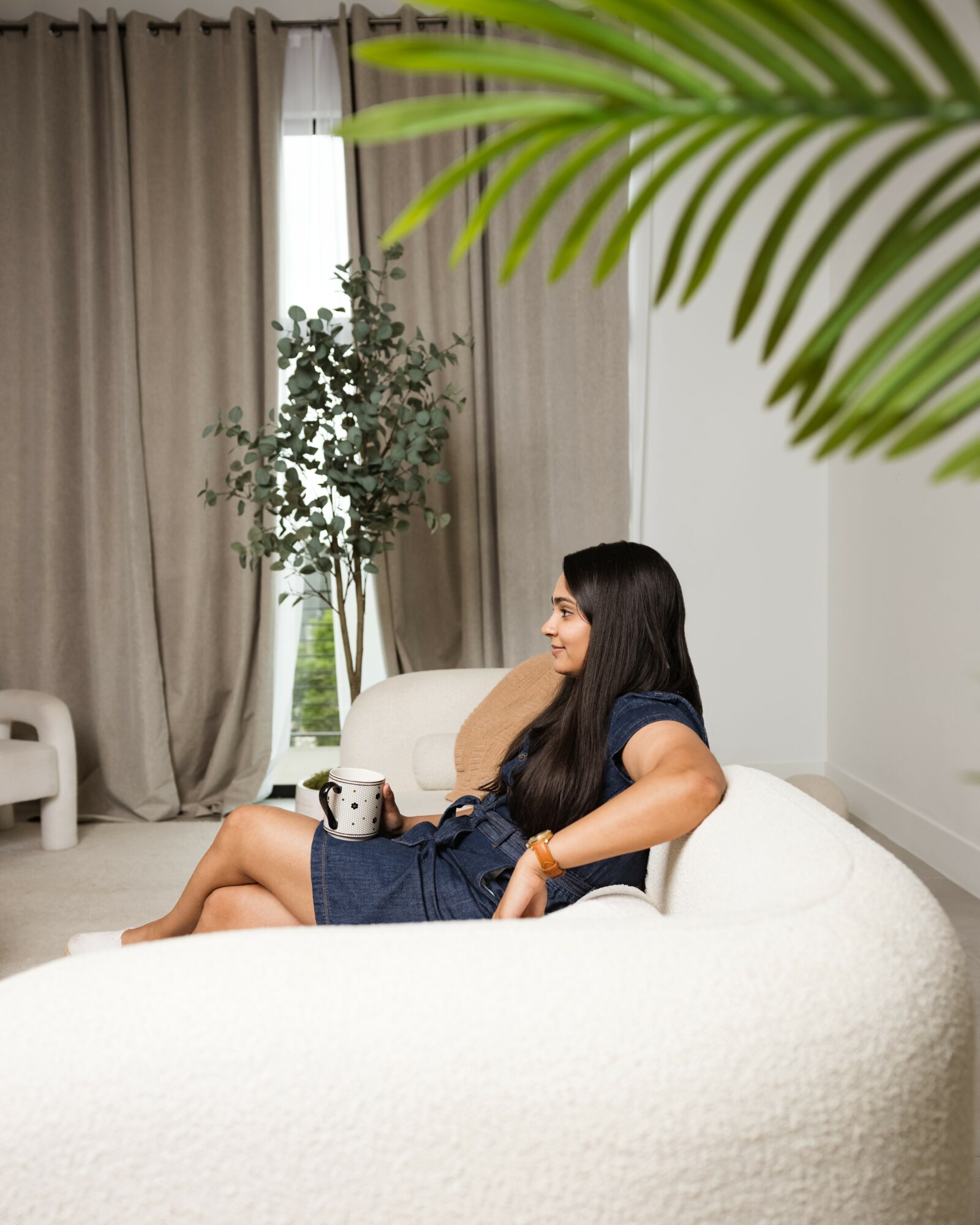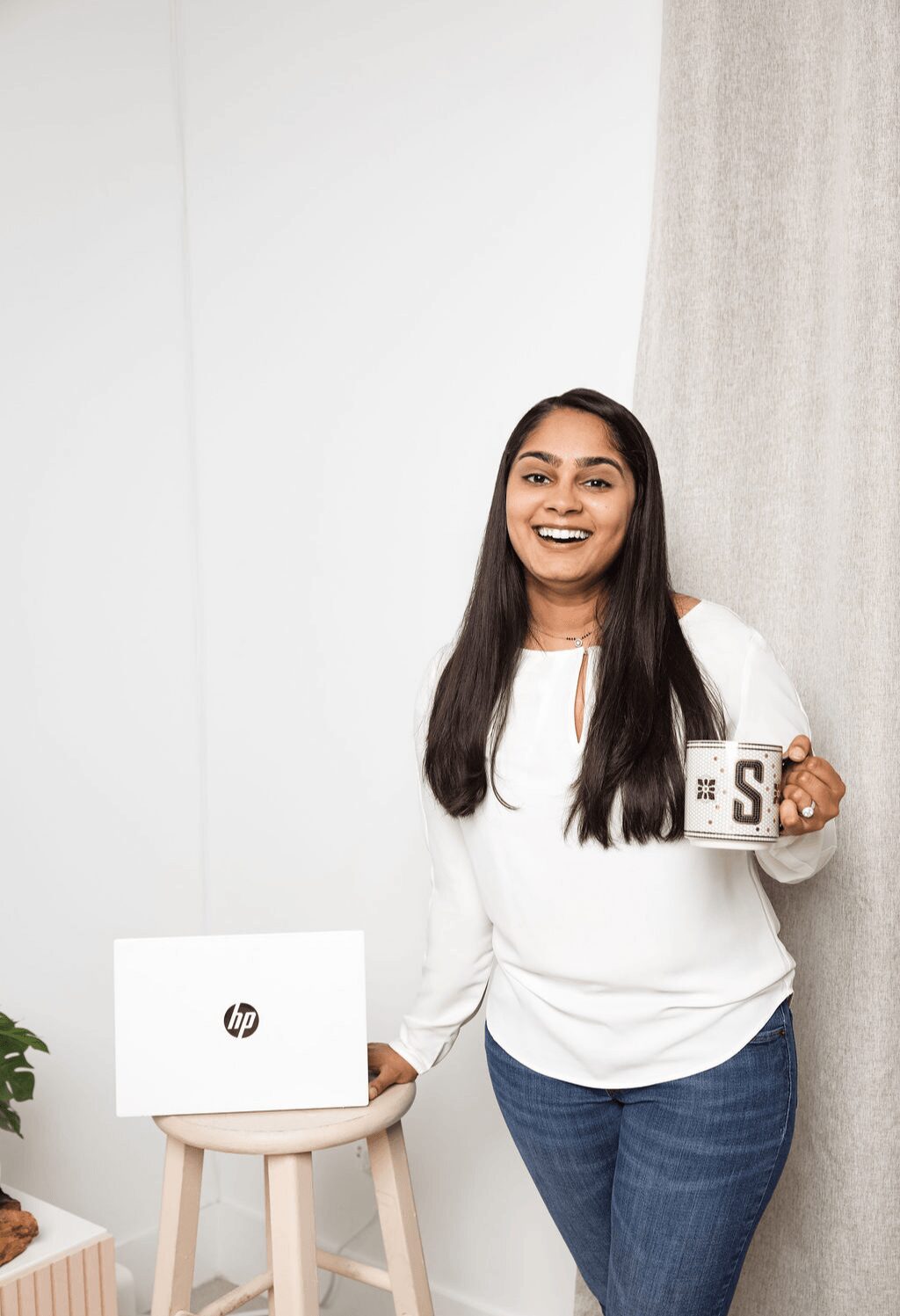

Today we’d like to introduce you to Shivani Solanki.
Shivani, we appreciate you taking the time to share your story with us today. Where does your story begin?
My interest in therapy began in high school while working with adults with disabilities. That experience led me to discover music therapy, where I witnessed firsthand how music could spark emotional expression and connection. Seeing people light up through music deeply impacted me and inspired my desire to make a meaningful difference in others’ lives! Over time, I became drawn to private practice because it allows for one-on-one connections in a way that is both accessible and supportive to each individual!
Alright, so let’s dig a little deeper into the story – has it been an easy path overall and if not, what were the challenges you’ve had to overcome?
I’ve definitely faced my share of challenges on the path to becoming a therapist—each one shaping me both personally and professionally. Whether it was juggling three jobs just to meet the required internship hours or working in a high-acuity psychiatric hospital setting, every experience pushed me to grow. These moments weren’t easy, but they helped me build resilience, adaptability, and confidence in my clinical skills.
Becoming an LPC isn’t easy. It takes many supervised hours, tons of coursework, and a lot of emotional energy. You really have to be all in—not just to support others, but to keep checking in with yourself along the way. It’s a long road, but every step has reminded me why I’m doing this and how much the work matters!
As you know, we’re big fans of you and your work. For our readers who might not be as familiar what can you tell them about what you do?
What sets me apart as a clinician is my background in music therapy! This foundation has taught me to approach healing in creative, nontraditional ways. I believe therapy shouldn’t be one-size-fits-all. People who feel intimidated by—or don’t connect with—the traditional talk therapy model still deserve access to meaningful support! My experience allows me to meet clients where they are, using alternative approaches that feel more natural and accessible to them. Whether that’s through creative expression, sensory-based techniques, or simply reimagining what a therapeutic space can look like, I strive to create an environment where every individual feels seen, safe, and understood!
Where do you see things going in the next 5-10 years?
In the next 10 to 15 years, I see virtual therapy continuing to grow and evolve. As technology advances and accessibility becomes a greater focus, more people will be able to receive support from the comfort of their own homes—which is incredibly powerful! That said, I believe the heart of therapy will always be human connection. No matter how sessions are delivered, the therapeutic relationship will remain the most important part of the process. Building trust, fostering safety, and creating a genuine connection will continue to be essential in helping clients grow and heal. As clinicians, it’s our job to adapt to new platforms while holding onto the core values that make therapy meaningful.
Some emerging trends I see in the future of therapy include incorporating more movement and creative outlets into the therapeutic process—especially as a way to better connect with younger generations! As we continue to learn more about how people process emotions, it’s becoming clear that healing doesn’t always happen through words alone. Integrating practices like art, music, dance, and somatic movement can help clients express themselves in more authentic and embodied ways.
For example, I’ve seen music work wonders with individuals experiencing dementia. A familiar song can spark memories, improve mood, and even encourage verbal expression in someone who may otherwise struggle to communicate. It’s truly powerful to watch someone’s eyes light up and sing along to a tune from their past—those moments of connection are priceless!
These creative approaches also make therapy feel more accessible, engaging, and aligned with how different people—especially Gen Z and younger—prefer to connect. I believe the future of therapy will be more dynamic, inclusive, and responsive to individual needs!
Contact Info:
- Website: https://www.intentionaltherapypllc.com/shivanisolanki
- Instagram: shivani.counseling













